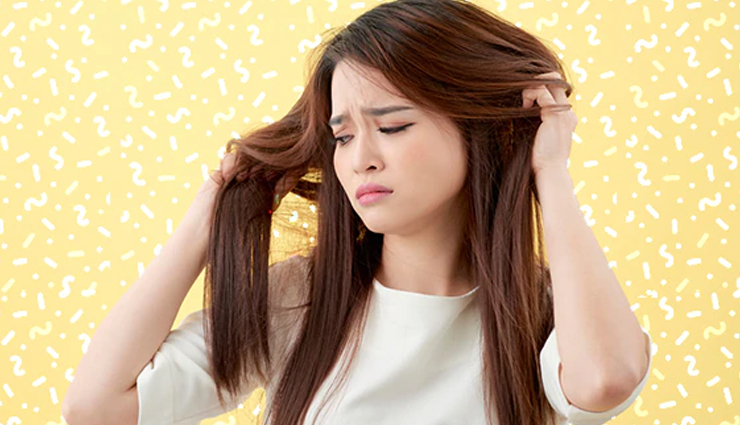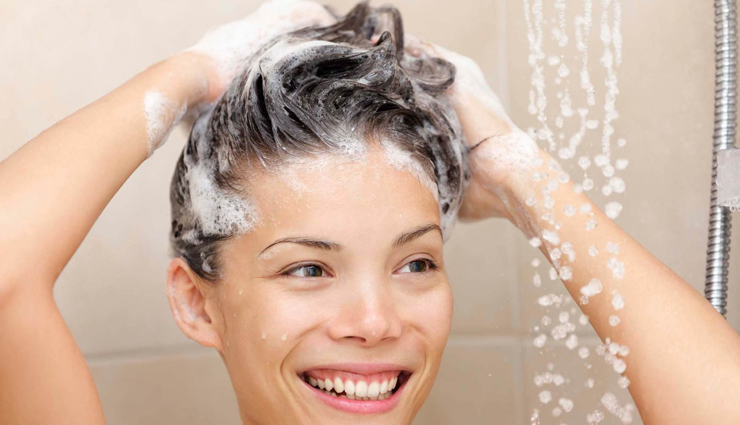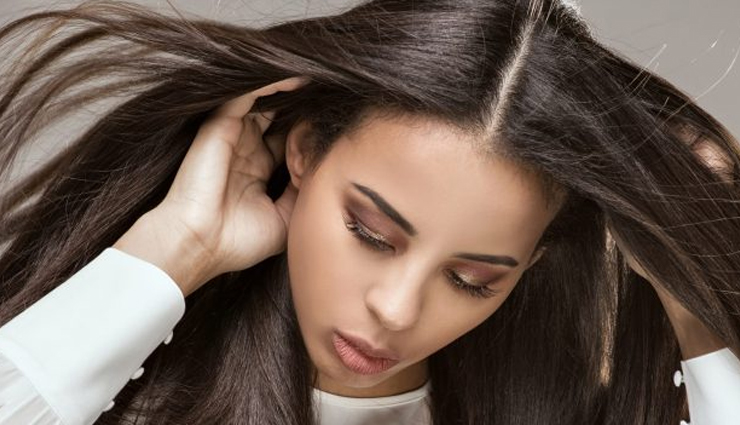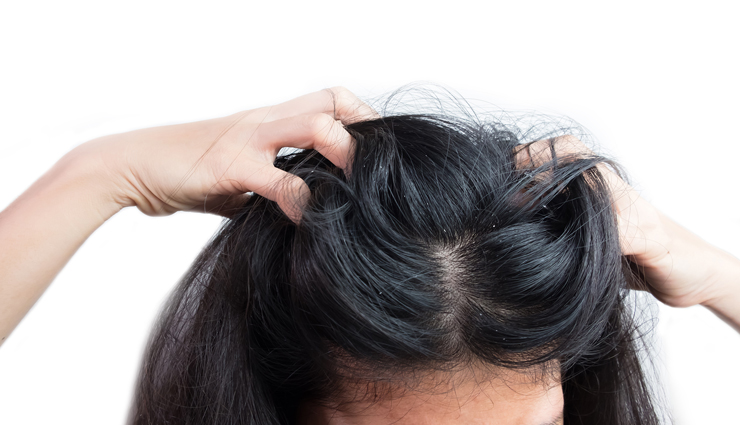9 Major Causes You Have Smelly Hair
By: Kratika Tue, 13 Apr 2021 4:41:45

Smelly hair or smelly scalp syndrome is exactly what it sounds like: a foul odor stemming from the hair and scalp due to an underlying microbial overgrowth.
The scalp is naturally inhabited by bacteria, which feed on sweat, sebum, dead cells, and other dirt that build up on the scalp over time.
Smelly hair can cause a lot of embarrassment and distress as it reflects poorly on personal hygiene. Negligent hair hygiene is the major reason for the buildup of sweat, oil, and grime on the scalp, but other factors can also aggravate this process.

# Not washing your hair regularly
Your hair and scalp accumulate dirt, dead cells, sweat, and sebum daily, especially if you go out often and have a naturally oily scalp.
Thus, skipping hair wash for many days leads to a gradual buildup of these substances on your scalp, which then becomes a breeding ground for malodourous bacteria and fungi.
# Washing your hair too often
Excessive hair washing with harsh shampoos or hot water can strip away the natural lipids from your scalp and can make it increasingly dry.
The sebaceous glands are then triggered to produce extra oil to rehydrate the scalp, but this can worsen your smelly hair/scalp problem.
People with an oily scalp or very thin hair require a head wash with a mild shampoo every alternate day, while others can afford to wait for a day or two more.

# Hormonal imbalances
Puberty is characterized by hormonal changes in the body that send the sebaceous glands into overdrive. This is why teenagers often suffer from excessively greasy skin, which paves the way for acne as well as sebaceous buildup on the scalp.
Similarly, anxiety and stress can also adversely impact hormone levels to induce excessive sebum production on the scalp.
# Improper diet
Foods such as onion, cumin, garlic, and curry contain oils that give them their strong smell.
Eating a lot of such odorous foods can stink up your sweat. This is because the pungent oils are excreted from the body through the skin pores, including the ones on your scalp.

# Seasonal conditions
A humid environment during summer and monsoons can make you sweat a lot, increasing the risk of bacterial or fungal infections on the scalp.
# Pollution
Environmental and chemical pollutants can get stuck in your oily hair and scalp to make them smell even worse.

# Wrong hair products
Regular use of chemical-laden hair products can dry out your scalp and disturb its natural pH. This will result in an overproduction of sebum to make up for the loss of moisture, thus contributing to smelly hair and scalp.
# Covering your hair with sweat-trapping headgear
Wearing a scarf, cap, or hat for prolonged periods can cut off airflow to your scalp and induce excessive sweating. This is why you are advised to choose headgear made from light, breathable materials to keep your scalp properly ventilated.

# Other medical conditions
Smelly hair and scalp can also be a by-product of underlying skin conditions such as allergic contact dermatitis, psoriasis, seborrheic dermatitis, and psoriasis, as well as metabolic or hormonal disorders such as an overactive endocrine gland.





